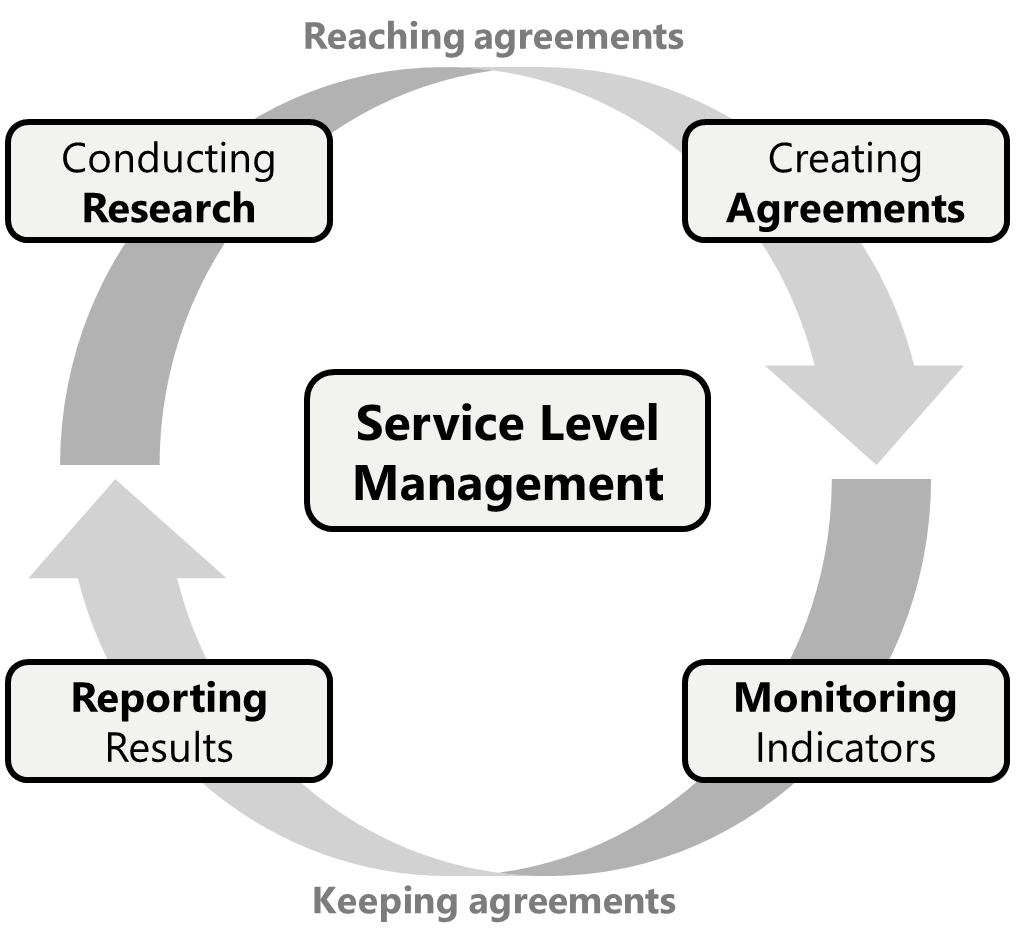Understanding Legal and Compliance Aspects in Your Outsourcing Journey
본문

This short article is a submission by Managed Services Partners. Managed Services Partners is an outsourcing company with over six years of experience assisting businesses enhance operations and .
Starting the outsourcing journey is an endeavor that many organizations undertake to improve performances, minimize expenses, and take advantage of specialized skill.
However, alongside these possible benefits come a host of legal and compliance intricacies that should be carefully browsed to ensure the success and sustainability of outsourcing initiatives.
This comprehensive guide will explore essential legal and compliance considerations, with a concentrate on information personal privacy laws, non-disclosure arrangements (NDAs), non-compete clauses, and the crucial role of adaptability in today's dynamic business environment.
The outsourcing landscape
Outsourcing is more than a method for unloading non-core jobs; it is a transformative approach that can enhance a company's flexibility and competitiveness.

Whether it's IT services, customer assistance, producing procedures, or human resources, outsourcing can provide a substantial edge. Companies that effectively contract out can focus on core company operations, drive innovation, and access leading talent without the overhead costs of full-time work.
However, this journey is not without its legal and compliance difficulties. Companies should be mindful of the complexities surrounding the transfer and management of information, the security of copyright (IP), and the upkeep of regulative compliance.
Given the worldwide nature of outsourcing, organizations should likewise consider cross-border legal implications, which might differ substantially depending upon the country where the outsourcing supplier runs.
Understanding these aspects is essential in guaranteeing that contracting out partnerships line up with a business's strategic objectives while alleviating possible legal threats.
In a lot of cases, organizations that disregard legal and compliance factors to consider deal with costly conflicts, loss of delicate data, or reputational damage that can take years to recover from.
Importance of legal factors to consider
Outsourcing naturally involves legal considerations that are necessary to securing a business's interests. At the leading edge is the need to safeguard sensitive info. Companies must understand and abide by data privacy laws that govern the jurisdictions in which they operate.
This is specifically crucial as data breaches can result in extreme punitive damages and reputational damage.

Furthermore, intellectual home rights need to be plainly specified in contracting out arrangements to prevent unapproved use or misappropriation of proprietary possessions. If these rights are not properly developed, a company may lose control over important developments or confidential service procedures.
For organizations running in highly managed industries such as healthcare, finance, or legal services, compliance requirements are a lot more strict.
Adhering to policies such as the General Data Protection Regulation (GDPR) in Europe or the Health Insurance Portability and Accountability Act (HIPAA) in the United States is vital to preventing legal complications.
Non-Disclosure Agreements (NDAs) and non-compete stipulations
When outsourcing, companies often share proprietary information with external service suppliers.
To secure this valuable info, NDAs are used. These arrangements are created to prevent the unapproved dissemination of secret information, therefore safeguarding the company's competitive benefit.
NDAs need to be detailed and legally binding, plainly detailing what makes up secret information and the obligations of both parties in managing sensitive information. Businesses ought to likewise ensure that their NDAs consist of provisions for legal option in case of breaches.
Similarly, non-compete provisions can be consisted of to prevent company from making use of delicate knowledge gained throughout the contracting out partnership to benefit a rival. This is specifically important when outsourcing freelancers or firms that may have multiple customers in the exact same market.
However, the enforceability of non-compete stipulations can differ considerably depending on the jurisdiction. Some areas have strict regulations restricting the scope and duration of such provisions.
Therefore, it's essential for business to seek advice from legal experts with experience in the relevant legal frameworks to prepare effective arrangements.
Contracts: Setting the structure
Contracts function as the blueprint for the contracting out collaboration, specifying roles, obligations, deliverables, and timelines. They also outline the legal and compliance expectations for both parties.
A well-structured agreement must address several key elements:
Scope of work: Clear and comprehensive descriptions of the services to be offered, including quality requirements and performance metrics.
Data security: Specific stipulations related to information defense, information transfer treatments, and breach notice procedures to ensure adherence to personal privacy laws.
Copyright rights: Provisions that establish ownership of IP produced during the collaboration, and terms that protect pre-existing IP.
Termination stipulations: Terms that address the possible end of the outsourcing relationship, consisting of notification periods and conditions under which termination can happen without charge.
Additionally, businesses must consider carrying out service-level contracts (SLAs) to guarantee responsibility and performance tracking. SLAs specify measurable standards that the outsourcing company should meet, supplying companies with recourse if expectations are not satisfied.
Engaging with provider
Consulting with potential service companies during the early phases of the contracting out journey is a tactical relocation. This engagement permits companies to determine the supplier's ability to satisfy legal and compliance requirements.
Thorough vetting procedures, such as requesting recommendations, reviewing past projects, and assessing compliance accreditations, can offer valuable insights into the provider's reliability and adherence to industry standards.
Businesses need to likewise assess the monetary stability of potential outsourcing partners.
A company that faces financial obstacles might not be able to preserve operations long-term, posing a risk to ongoing jobs. Conducting due diligence in advance can avoid future interruptions.
The function of versatility in legal and compliance methods

Adaptability is a crucial component of effective outsourcing, especially when it pertains to browsing developing legal landscapes. Regulations and market conditions can alter quickly, making it important for business to remain nimble.
Building versatility into agreements and developing processes for continuous compliance monitoring can assist services adjust to new legal requirements and preserve an one-upmanship.
For instance, if a business is outsourcing customer support operations to numerous countries, they need to ensure compliance with various national laws concerning consumer protection and information privacy.
Regularly updating policies and agreements in response to legal changes can prevent legal pitfalls.
Real-world factors to consider and finest practices
To ensure legal and compliance success in outsourcing, organizations ought to embrace the following best practices:
Regular audits and assessments
Conduct regular audits and assessments to ensure that provider remain compliant with legal and regulative requirements. This proactive method can assist identify prospective spaces before they intensify into significant concerns.
Training and awareness
Educate workers and outsourced groups on information security practices and legal responsibilities. This guarantees that everybody involved in the outsourcing journey comprehends the importance of compliance and the function they play in safeguarding details.
Collaboration and communication
Foster a collective relationship with service companies. Open lines of communication can help resolve compliance concerns promptly and facilitate joint analytical efforts.
Crisis management preparation
Have contingency strategies in location in case of security breaches, contract disagreements, or provider failures. A well-structured crisis management strategy guarantees that businesses can quickly react to difficulties without significant disruptions.
Legal compliance for contracting out success
Understanding the legal and compliance aspects of outsourcing is important for services wanting to leverage external capabilities while safeguarding their interests. By focusing on essential locations such as information privacy, NDAs, non-compete provisions, copyright rights, and flexibility, business can successfully navigate the outsourcing landscape.
Successful outsourcing hinges on a collaborative technique between the company and its provider. Building trust and maintaining transparent communication can lead to efficient analytical and a shared commitment to compliance.

댓글목록0
댓글 포인트 안내